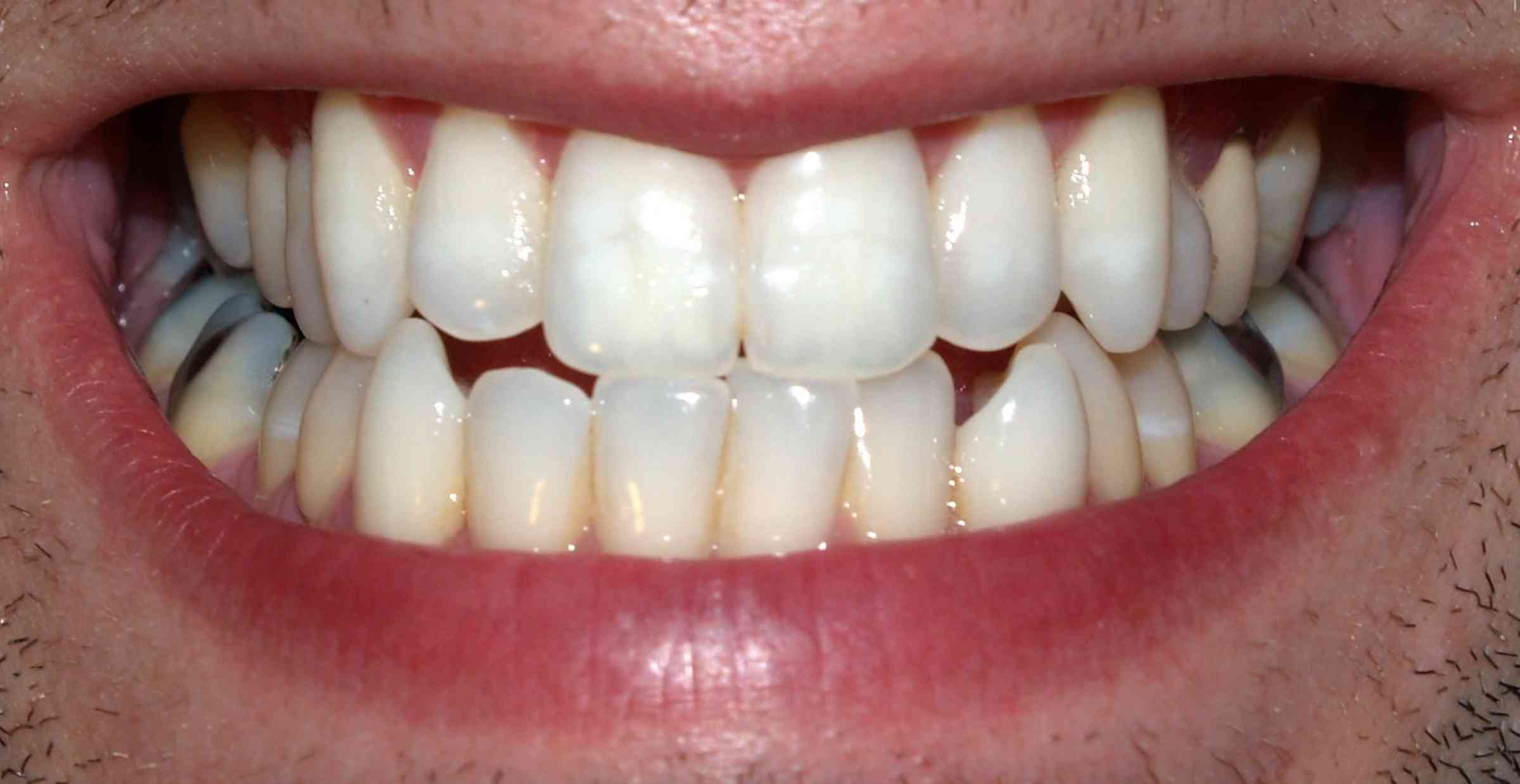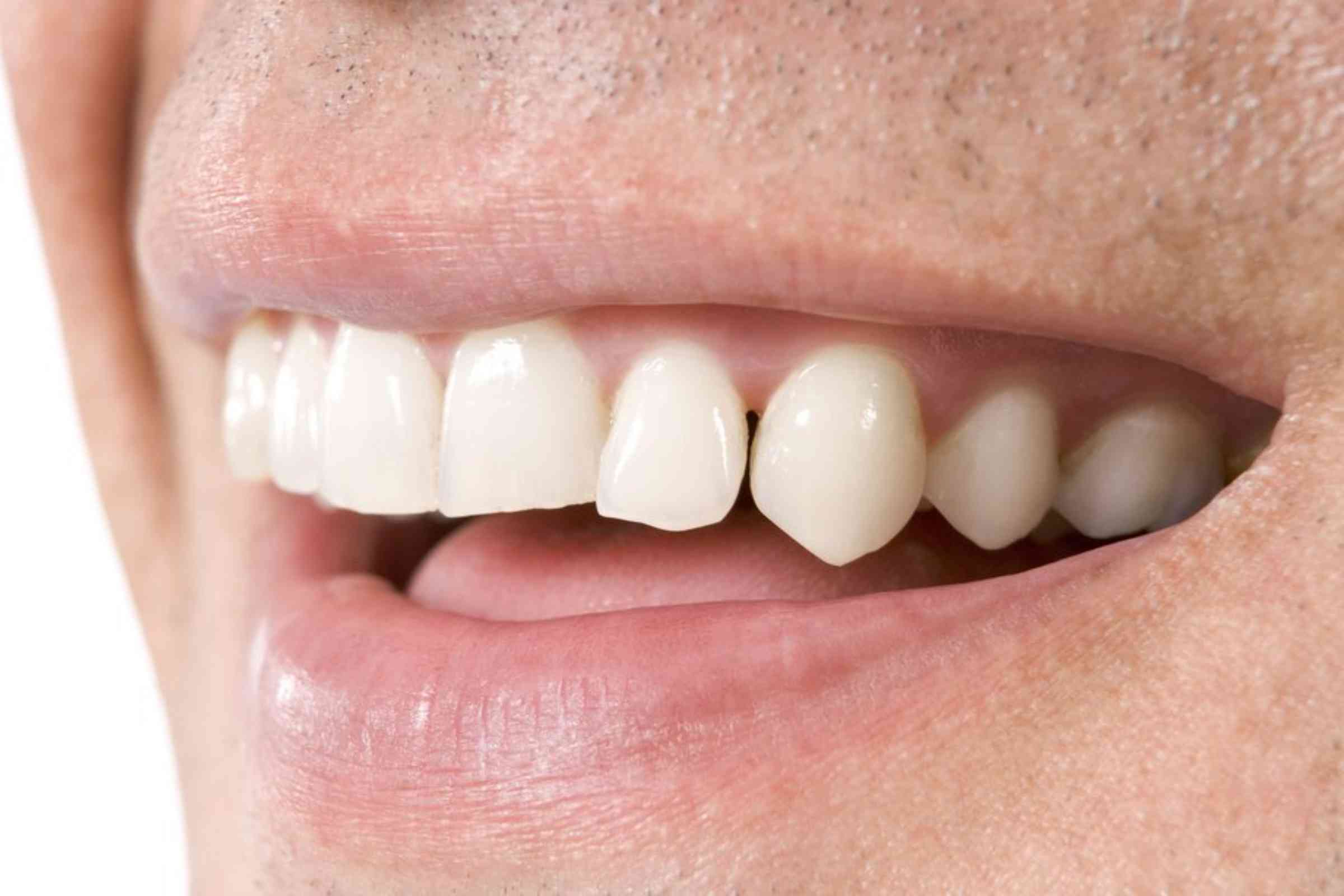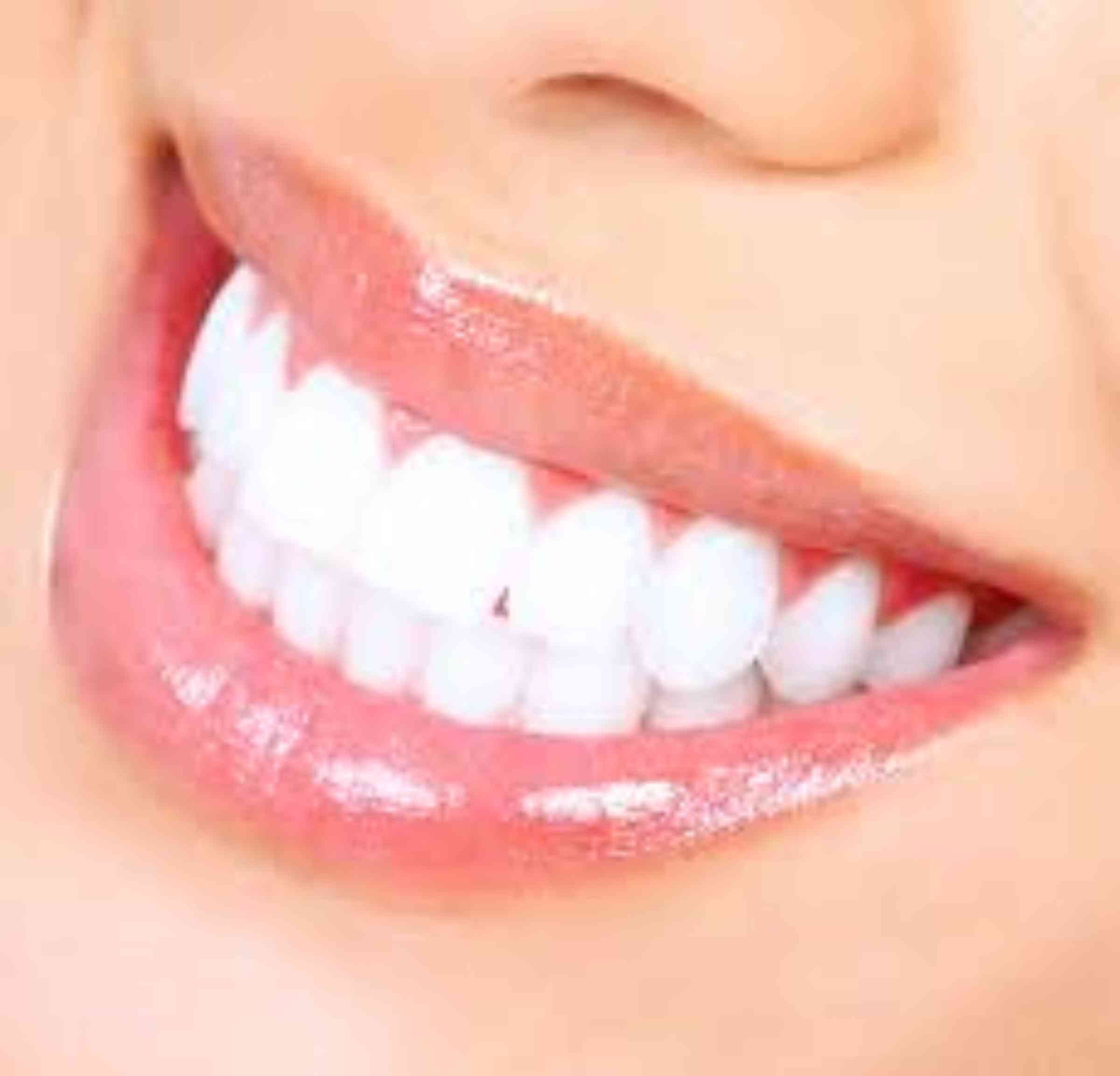
What sort of treatment is available?
There are different ways to replace missing teeth; the dental team can talk to you about which options might work for you.
Many people need to have orthodontic treatment first, either to close the gap completely, so that no replacement tooth is needed or to open the gap to the size of a normal adult tooth.
Different types of tooth replacement take different amounts of time and expertise to do. It is important that you talk to the dental team about how long treatment will take, how long the replacement teeth are expected to last and how much it will cost you in the future to look after the replacement teeth. You should also ask what will you need to do each day to look after your replacement teeth, and whether there are any risks involved.
There are four ways that dentists can replace a missing tooth:
Dentures
DenturesThere has not been much research about dentures for people with naturally missing teeth. Dentures are a common and safe treatment based long-term experience of dentists. are one or more false teeth on a plate. The teeth are made of plastic and the plate is made of either plastic or metal. Dentures are not fixed into the mouth so you can take the plate out.
Advantages
+ Easy to make
+ Can look very good
+ Can replace lots of missing teeth
Disadvantages
- Not fixed in
Bridge
A bridge is a replacement tooth that is glued onto the natural tooth/teeth next to the space. It is usually made on a metal framework that is coated in layers of ceramic, similar to strong, coloured glass. A bridge can be used to replace either one or more teeth.
There are two typesThis information comes from clinical trials and observing people with missing teeth who have had bridges. The research is supported by clinical experience of dentists. of bridges that can be used - an adhesive bridge, and a conventional bridge. The design depends on how the replacement tooth attaches to the adjacent natural teeth. Dentists now use adhesive bridges much more often than conventional bridges.
Advantages
+ Fixed into the mouth
+ Can look very good
+ Normally easy to replace
Disadvantages
- Can sometimes come unstuck and fall out
- Needs a strong tooth next to the gap to hold the bridge in
- The natural tooth will need some drilling (conventional bridge)
Bridges are usually successful and on average last around eight years. At that time, the bridge might need replacing. It might be that the false tooth has changed colour or moved, and no longer looks like the surrounding teeth; or there might be a problem in the tooth supporting the bridge, such as tooth decay or gum problems.
Dental Implant
A dental implant is a titanium metal screw, about one centimetre long and about four millimetres in diameter. It is surgically placed into the socket bone, in the position of the missing tooth.
Over a few months the socket bone heals around the implant so it becomes attached to the bone. The means the implant acts like a tooth root and it very difficult to remove. Once the implant is attached to the bone a replacement ceramic tooth can be screwed into the implant.
For an implant to be used, there must be enough healthy socket bone in the position of the missing tooth. There must also be enough room between the natural teeth on each side of the space.
Implant treatment is usually much longer than either bridge treatment or denture treatment. It also requires a surgical operation.
Implants are usually very successfulThis information comes from clinical trials and observing people with missing teeth who have had implants. It is supported by clinical experience of dentists. and can last up to twenty years, as long as they are really well looked after. Smoking and poor brushing increase the risk the implant will fail. The ceramic tooth itself may need to be replaced around eight years. This is usually because it no longer looks like the natural teeth, or the ceramic tooth has chipped.
Tooth Transplantation
Sometimes people with missing teeth have overcrowding in other parts of their mouth. If this happens, the dental team might need to take out a tooth to help the other teeth be straightened with braces.
If a tooth is being removed it might be possible to surgically place it in the space where another tooth is missing. This is called tooth transplantation.
Tooth transplantation depends on a few factors: which tooth is missing and how much bone you have, which tooth needs removing, and how old you are. The amount that your teeth have developed affects how well transplantation works.
The dental team can talk to you more about whether tooth transplantation is an option for youThis information comes from research observing people with missing teeth who have had tooth transplantation. The research is supported by clinical experience of dentists..



